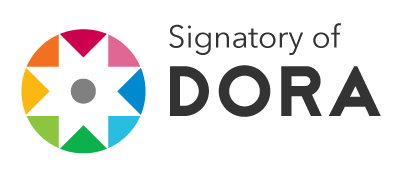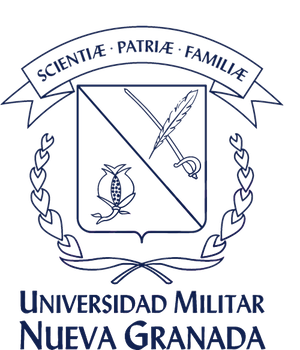Teaching territory through education for the market
Abstract
This article seeks to think over the teaching that has the territory for the Colombian case in the middle of an education that has been directed to respond market interests; therefore it is divided into five parts. The first one is about the old school that remains in the country; the second one shows an analysis of the implications of globalization and the education for the market. In the third part, we think about what the professor Vega Cantor call educational Darwinism. In the fourth, we question why is important the territory, and at last, we detail what kind of territory is taught in Colombia, leaving some conclusions to the consideration of the reader.
With this text, we look for an invitation to consider what it takes to the country to have students that don’t know their territory. This allows understanding the logics presented in the last decade and how grows the chance for international corporations to make investments to extract natural resources, and to keep immersed in a conflict disguised because of the dialogues that are having place at this moment. So it is a temporary need to understand the concept of territory and think other ways to teach and above all allow students to develop identity and ownership towards the country.
Downloads
References
Araya, F. (2009). Perspectivas en la enseñanza de la geografía escolar y universitaria. En O. Delgado y H. Cristancho (Eds.), Globalización y territorio: reflexiones geográficas en América Latina (pp. 341-360). Bogotá: Universidad Nacional de Colombia.
Benjam, P. (2002). Didáctica y construcción del conocimiento social en la escuela. Pensamiento Edu-cativo, (30), 61-74.
Calvo Ortega, F. (2010). La ciencia y la didáctica de la geografía: investigación geográfica y enseñanza escolar. Cuestiones Pedagógicas, (20), 269-282.
Caponi, O. y Mendoza, H. (2014). El neoliberalismo y la educación. Recuperado de http://www.actaodontologica.com/ediciones/1997/3/neoliberalismo_educacion.asp
Delgado, M. (1999). Geografía escolar: discursos dominantes y discursos alternativos. Bogotá: Universi-dad Nacional de Colombia.
Delgado, O. y Montañez, G. (1999). Espacio, territorio y región: conceptos básicos para un proyecto nacional. Cuadernos de Geografía, 1-16.
Feldfeber, M. (2009). Educación “¿en venta?” Tratados de libre comercio y políticas educativas en América Latina. En P. Gentili et al. (Comps.), Políticas de privatización del espacio público y educación en América Latina (135-161). Buenos Aires: Homosapiens.
Gurevich, R. (2005). Sociedades y territorios en tiempos contemporáneos, una introducción a la ense-ñanza de la geografía (1ra. edición). Buenos aires: Fondo de Cultura Económico.
Murcia Cifuentes, D. (2009). La enseñanza de la geografía: alternativas de qué y cómo enseñar pedagogía y geografía. En Lecturas en teoría de la geografía. Bogotá: Universidad Nacional de Colombia.
Montañez Gómez, G., Moncayo, E., Jiménez L. y Carrizosa, J. (2001). Espacio y territorios, razón, pasión e imaginarios (1ra. edición). Bogotá: Unilibros
Nussbaum, M. (2010). Sin fines de lucro. Por qué la democracia necesita de las humanidades. Buenos Aires: Katz.
Pulgarín, R. y Quintero, M. (2010). La educación geográfica: un compromiso en la enseñanza de las ciencias. Propuesta de formación docente en el oriente antioqueño. Unipluridiversidad, 10(3), 27-44.
Olivi, A. y. Venezia, P. (2008). Del territorio a la territorialidad: la experiencia de la escuela itinerante de agroecológica en la región Mapuche, Chile. Memorias del XIII Congreso internacional de Antropología Iberoamericana. Universidad de Salamanca.
Rodríguez, L. (2012). Territorio, educación y multiculturalidad. XI Conferencia Internacional de la Plata. Buenos Aires, La Plata.
Sack, R. D. (1986). Human territoriality: it’s theory and history. Cambridge: Cambridge University Press.
Soja, E. (1971). The political organization of space. Washington: Association of American Geographers.
Tedesco, J. C. (1998). Los paradigmas de la educación. Revista Colombiana de Educación, (36), 139-154.
Ussa Cristiano, E. A. y Vargas Romero, E. M. (2011). Contexto, región y territorio en los proyectos ambientales escolares PRAES: herramienta didáctica SED-UD. Bogotá: Secretaria de Educación de Bogotá.
Vega Cantor, R. (2012). La calidad educativa una noción neoliberal propia del darwinismo pedagógico. Recuperado de http://www.rebelion.org/noticia. php?id=142741













